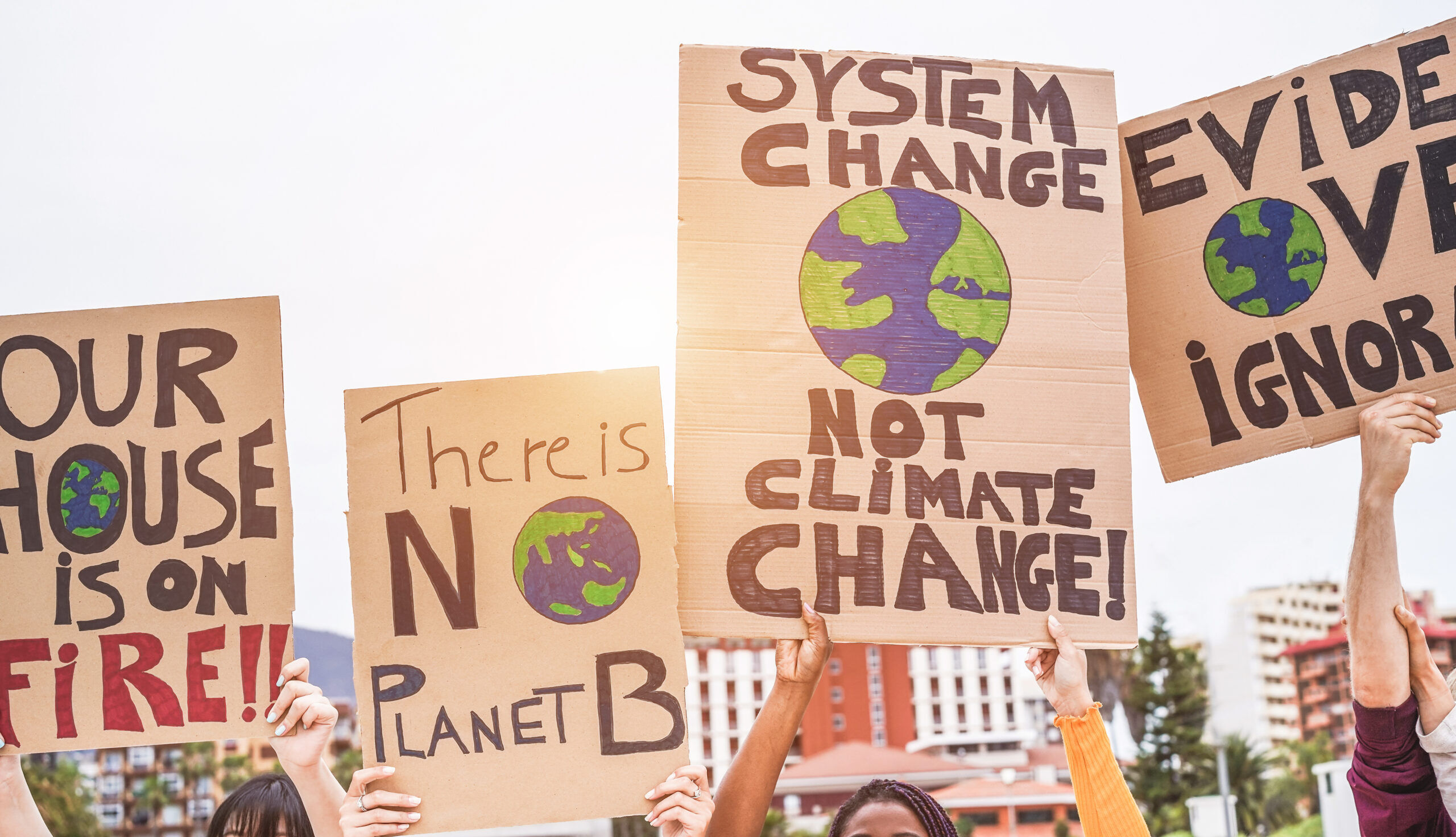Not only is the government targeting the gays — now, climate change is coming for queer folks, too.
A new study from UCLA says that gay couples are at higher risk for exposure to the negative effects of climate change compared to straight couples. The study’s researchers compared findings from the U.S. Census with climate risk assessment data from NASA and the Federal Emergency Management Agency (FEMA).
Because gay people live disproportionately in coastal areas and cities, they’re especially vulnerable to the effects of climate change, which are heightened in those areas. The study found that proportion of same-sex couples living in a county is positively related to that county’s risk of natural disasters: A 1 percentage point increase in the proportion of same-sex couples in a county comes with a 17.17 percentile increase in the NASA composite risk score, which looks at the risk of natural phenomena like extreme cold, heat waves, and too much or too little precipitation.
That percentage point increase is also associated with a 6.13 percentile increase in the FEMA risk projection score, which accounts for disasters like “flooding, tornadoes, wildfires, hail, and lightning,” says the study.
Join the frontline of change
Be informed, be inspired, and be part of the conversation that’s shaping a queerer world with our twice-a-week newsletter.
Related:
Most queer Americans are bisexual, new study finds
LGBTQ+ identity nearly doubles from generation to generation, with Gen Z the queerest of them all.
Is nature really out to get queer people? Not necessarily — it’s just that the places in America that are friendliest to queer folks also happen to be the most susceptible to adverse weather conditions, which are getting worse as climate change continues.
For example, Washington D.C. (a county equivalent) has the highest proportion of same-sex couples of any county in America. It’s also a hotbed for natural disasters: It’s in the 97th percentile for heat waves, the 95th percentile for flooding, and the 98th percentile for dangerously strong winds.
“Our research cuts against the narratives that LGBT people often live in safe pockets of coastal cities where they have access to all the resources that they need,” Ari Shaw, one of the study’s co-authors, told KQED.
“This study helps to shine a light on what is likely a much larger and more complicated picture,” Shaw continued. “Our findings probably understate the true impact that climate change is having on LGBTQ people.”
Is there a solution? Yes, according to Shaw: “Policies should focus on mitigating discriminatory housing and urban development practices, making shelters safe spaces for LGBTQ people, and ensuring that relief aid reaches displaced LGBTQ individuals,” he said.
Related:
Humpback whales just made the ocean a little gayer
A new scientific discovery adds humpback whales to the roster of aquatic gay icons.
Don't forget to share:
Help make sure LGBTQ+ stories are being told...
We can't rely on mainstream media to tell our stories. That's why we don't lock our articles behind a paywall. Will you support our mission with a contribution today?
Cancel anytime · Proudly LGBTQ+ owned and operated
Read More in Impact
The Latest on INTO
Subscribe to get a twice-weekly dose of queer news, updates, and insights from the INTO team.
in Your Inbox















